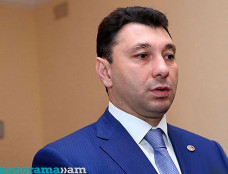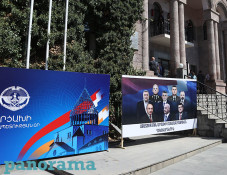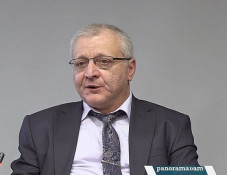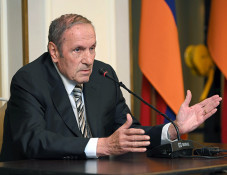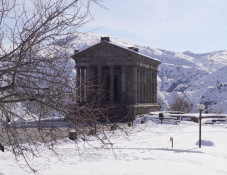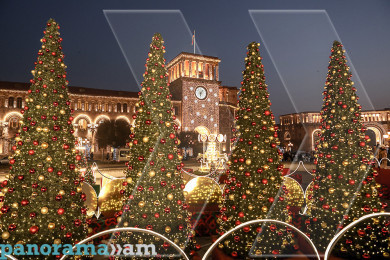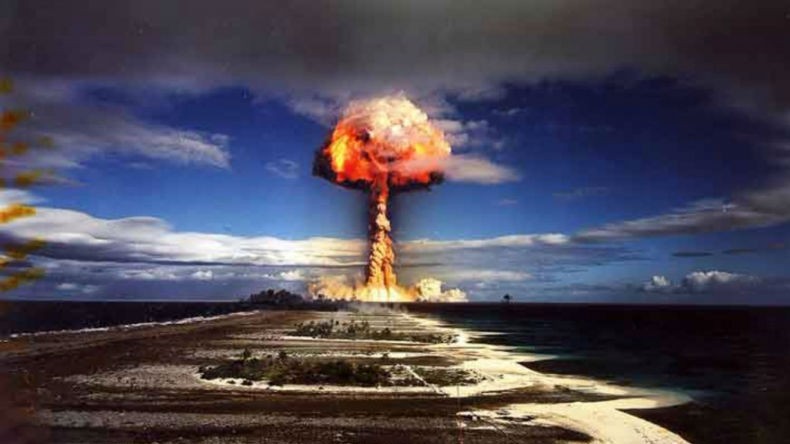
North Korea nuclear H-bomb claims met by scepticism
International scepticism and condemnation have greeted North Korea's claim to have successfully carried out an underground hydrogen bomb test, according to the BBC.
If confirmed, it would be North Korea's fourth nuclear test since 2006 and mark a major upgrade in its capabilities.
But nuclear experts have questioned whether the size of the blast was large enough to have been from an H-bomb.
South Korea called the test a "grave provocation" but said it was difficult to believe it was from such a device.
Hydrogen bombs are more powerful and technologically advanced than atomic weapons, using fusion - the merging of atoms - to unleash massive amounts of energy.
Atomic bombs, like the kind that devastated two Japanese cities in World War II, use fission, or the splitting of atoms.
Bruce Bennett, an analyst with the Rand Corporation, was among those casting doubts on Pyongyang's test: "The bang they should have gotten would have been 10 times greater than what they're claiming.
"So Kim Jong-un is either lying, saying they did a hydrogen test when they didn't, they just used a little bit more efficient fission weapon - or the hydrogen part of the test really didn't work very well or the fission part didn't work very well."
The data "doesn't support suggestions that the bomb was a hydrogen bomb", Chinese military expert Du Wenlong told state broadcaster CCTV.
A South Korean politician, Lee Cheol-woo, said he was briefed by the country's intelligence agency that the blast "probably falls short" of a hydrogen detonation.
But former British ambassador in Pyongyang John Everard warned "an explosion of that size is quite enough to wipe out a city and I think that, of course, is deeply worrying".
South Korean President Park Geun-hye, said further analysis was needed to determine the nature of the test, while calling it "a strong challenge to international peace and stability".
The UN Security Council plans to hold an emergency meeting on Wednesday.
Newsfeed
Videos









